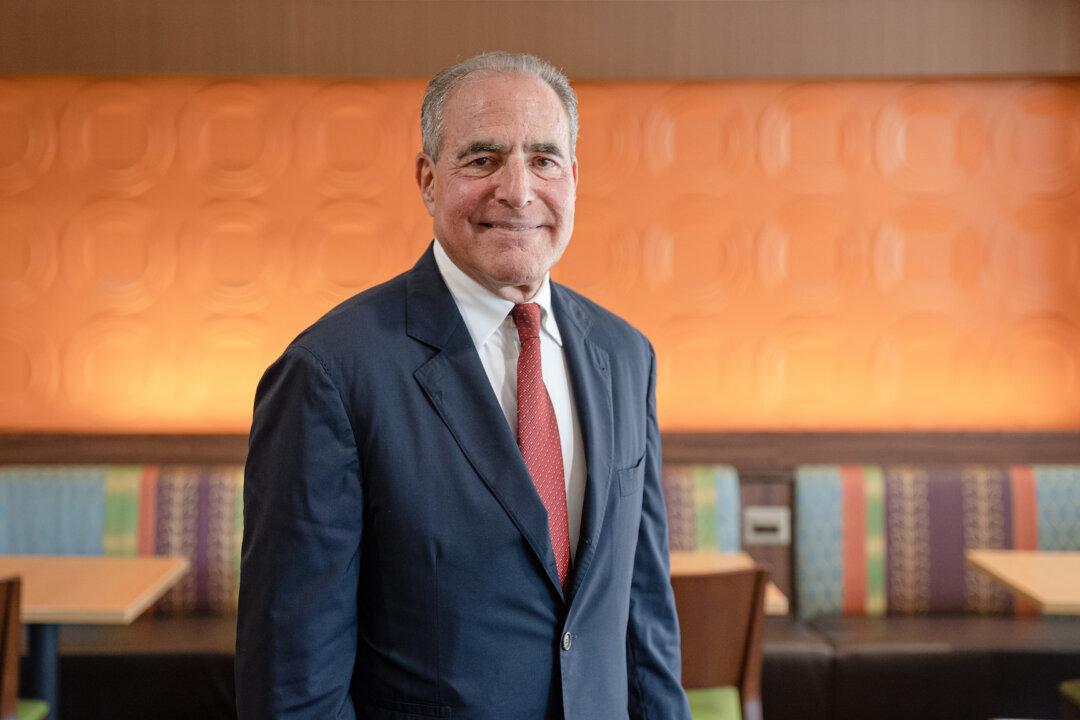Dr. Richard Amerling is co-author of “The Next Wave is Brave: Standing Up for Medical Freedom.” He is the former president of the Association of American Physicians and Surgeons and the chief academic officer of The Wellness Company, a health care organization promoting medical freedom and patient-centered care outside of the mainstream medical establishment.
With lifestyle and dietary changes, most common diseases are reversible, said Amerling, but that’s not the approach of the modern medical establishment.






